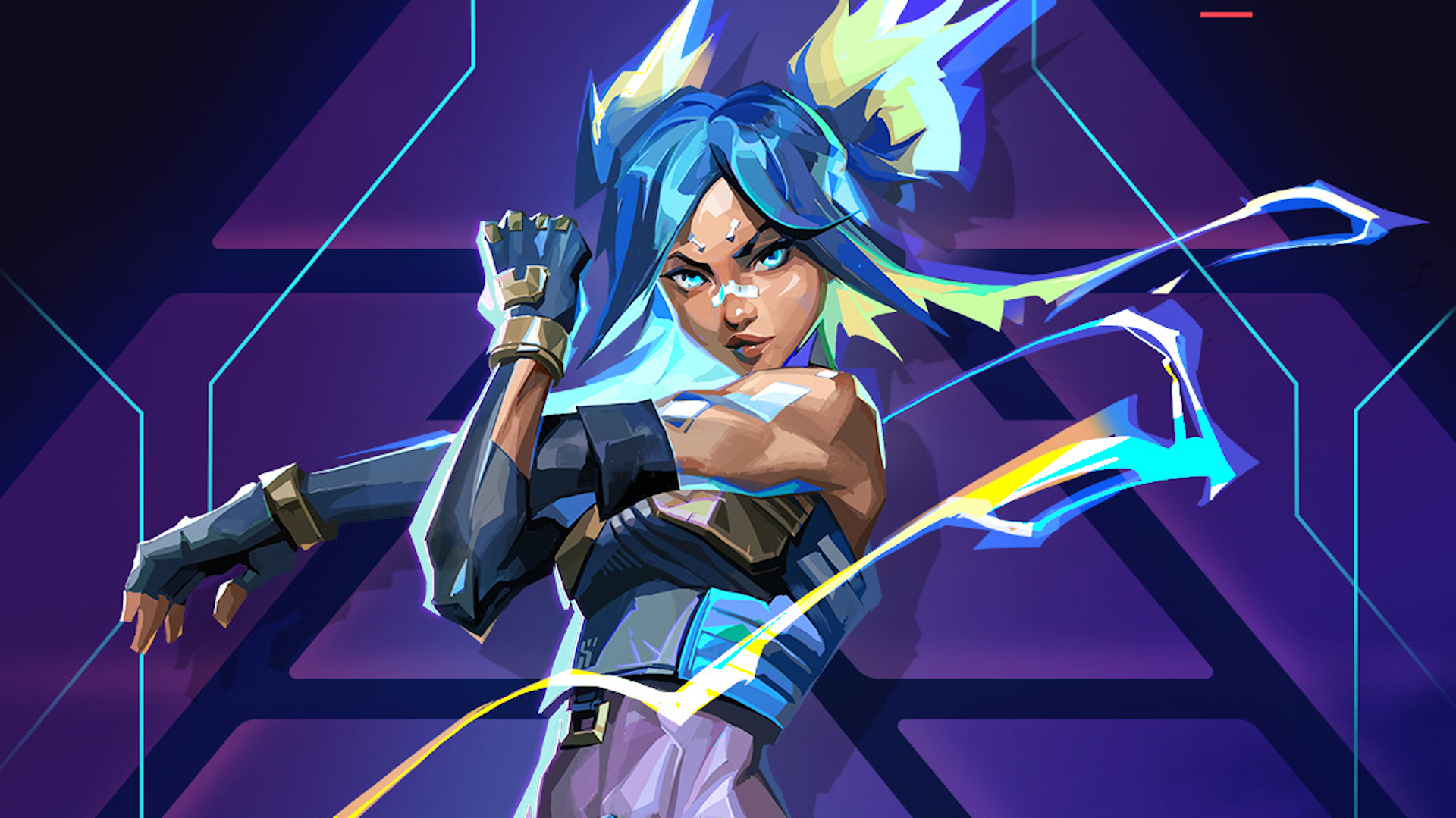Valorant dev tackles smurfing paranoia: 'smurfs are less common than players think'
Don't expect two-factor authentication in Valorant anytime soon.

Bam! You're dead. It was a headshot from far away with the same gun you're using. Dang, they're pretty good. Maybe even too good. Could they be smurfing?
These are the considerations players make in the heat of a competitive FPS like CS:GO, Rainbow Six Siege, or Valorant. When a teammate or opponent seems to be overperforming based on their rank, they might actually be a higher-ranked player using an alternate account (a "smurf" account). The ethics of smurfing are complicated, but most agree that playing against a smurf sucks. Some believe smurfing is a problem that developers have little incentive to solve.
That was the conclusion of one commenter on a Valorant subreddit post, who argued Riot is "downplaying the game's glaring issues," namely smurfing, in order to boost total player numbers and sell more skins. The comment specifically called out Valorant senior competitive designer EvrMoar, who personally wrote a 3,400-word response to the comment—not something that happens every day.
The gist? EvrMoar says Riot developers are not "shadowy figures" trying to massage Valorant player numbers. He says his team treats smurfing as a serious problem, but wants fans to know that internal research suggests "smurfs are less common than players think."
"Every decision we've made for ranked has always had the question 'will this reduce smurfing' or 'how can we change this to reduce smurfing' during the design phase," he said.
EvrMoar says the claim that more smurf accounts means more success for Riot is false.
"Some of the strongest data we have across the whole game industry, for why matchmakers should even have 'skill-based matchmaking' is that people play the game more and quit less based on how fair matches are. So, by having more smurfs, we would have more unfair matches which increases players quitting our game," EvrMoar said. "Why would we want to drive players away?"
Keep up to date with the most important stories and the best deals, as picked by the PC Gamer team.
It's not always that cut and dry. I have wondered before if players that maintain alternate accounts end up buying twice as many cosmetics. After all, you never see anyone peeking corners in Valorant with a bog-standard, skinless gun. EvrMoar shoots this idea down too while acknowledging that he is detached from the monetization side of Valorant and can't be totally sure.
"The idea that we want smurfs [because] 'they spend more money' isn't true. Generally, and there will always be exceptions, alt accounts/smurfs actually don't monetize," he said.
That doesn't ease my smurf anxiety, though. It's one thing to know Riot (and every other competitive game dev, for that matter) is aware of the problem, but it's another to feel solutions in action.
What does Valorant do to combat smurfing?
According to Riot, Valorant has a reliable (but imperfect) system for dealing with smurfs. Back in October 2021, EvrMoar wrote that Valorant's automatic systems are "really good at detecting smurfs" and quickly correcting their MMR once dialed in.
So then why do some players still feel like Valorant is rife with smurfs? Perhaps it's because Riot employs automatic solutions invisible to the players while deliberately not doing visible things that other games do. Both PUBG and Rainbow Six Siege, for instance, require two-factor authentication to play Ranked.
"I think a lot of it is also we don't want to be completely transparent with how we are tackling smurfing. We don't want smurfs to know how we have changed our MMR detection, how we are getting better at tracking them, and how they may be able to get around our systems," EvrMoar said.

What Valorant does do:
- Automatically detect when a player might be smurfing
- Adjust their MMR quickly after several matches
What Valorant does not do:
- Require two-factor authentication to play Ranked
- Require a phone number to play Ranked
Riot has considered two-factor and SMS verification to combat smurfing, but EvrMoar argues that these tactics don't tackle the problem for what it is and instead creates a "secondary solution that blocks people from playing the game because we can't solve the problem directly."
To illustrate the point, EvrMoar described a hypothetical situation where implementing SMS/two-factor authentication might cut the number of smurf accounts in half, but could simultaneously block several times more legitimate players that play Valorant in a gaming cafe or don't have a phone (even if that's just 3% of players, it's still a lot if less than 1% are smurfs).
EvrMoar reckons these mitigations might not be worth the trouble when players dedicated to making a smurf account can simply make a new email address or sign up for another phone number to get around it. He's not closing the door on two-factor entirely, though: "We just don't think we've exhausted all our attempts at solutions and need to fall back to mitigations yet."
Whether or not these invisible solutions will ever completely "solve" smurfing, it's nice to see Riot be more publicly proactive about the issue than other developers. Last month, patch 5.01 kicked off testing for "New Smurf Detection functionality" in North America. The patch notes were no more specific than that, but EvrMoar mentioned that the results are "looking very promising."

Morgan has been writing for PC Gamer since 2018, first as a freelancer and currently as a staff writer. He has also appeared on Polygon, Kotaku, Fanbyte, and PCGamesN. Before freelancing, he spent most of high school and all of college writing at small gaming sites that didn't pay him. He's very happy to have a real job now. Morgan is a beat writer following the latest and greatest shooters and the communities that play them. He also writes general news, reviews, features, the occasional guide, and bad jokes in Slack. Twist his arm, and he'll even write about a boring strategy game. Please don't, though.

